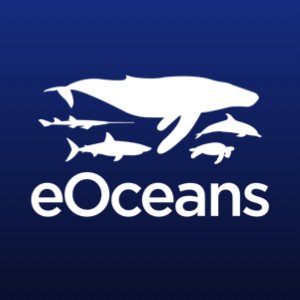How good are citizen science data?
It depends—on the question being asked and who the ‘citizen scientists’ are.
At eOceans, we don’t take a one-size-fits-all approach. The type of data we facilitate in data collection and processing is shaped by the specific research or management question. We use transparent, defensible methods (often published) to determine which data are appropriate for a given analysis.
For example, if we’re helping a team to answer a species-specific question like “What is the seasonal distribution of leopard sharks (Stegostoma fasciatum)?”—we might suggest limiting the dataset to long-term, verified observations from experienced contributors.
But if the goal is to explore the cultural or socioeconomic value of shark encounters to a local community, then all observations—regardless of the contributor’s expertise—might be relevant and included.
In short, citizen science data can be incredibly valuable when used thoughtfully and in context. That’s why we build systems that let us select the right data for the right question, every time.
